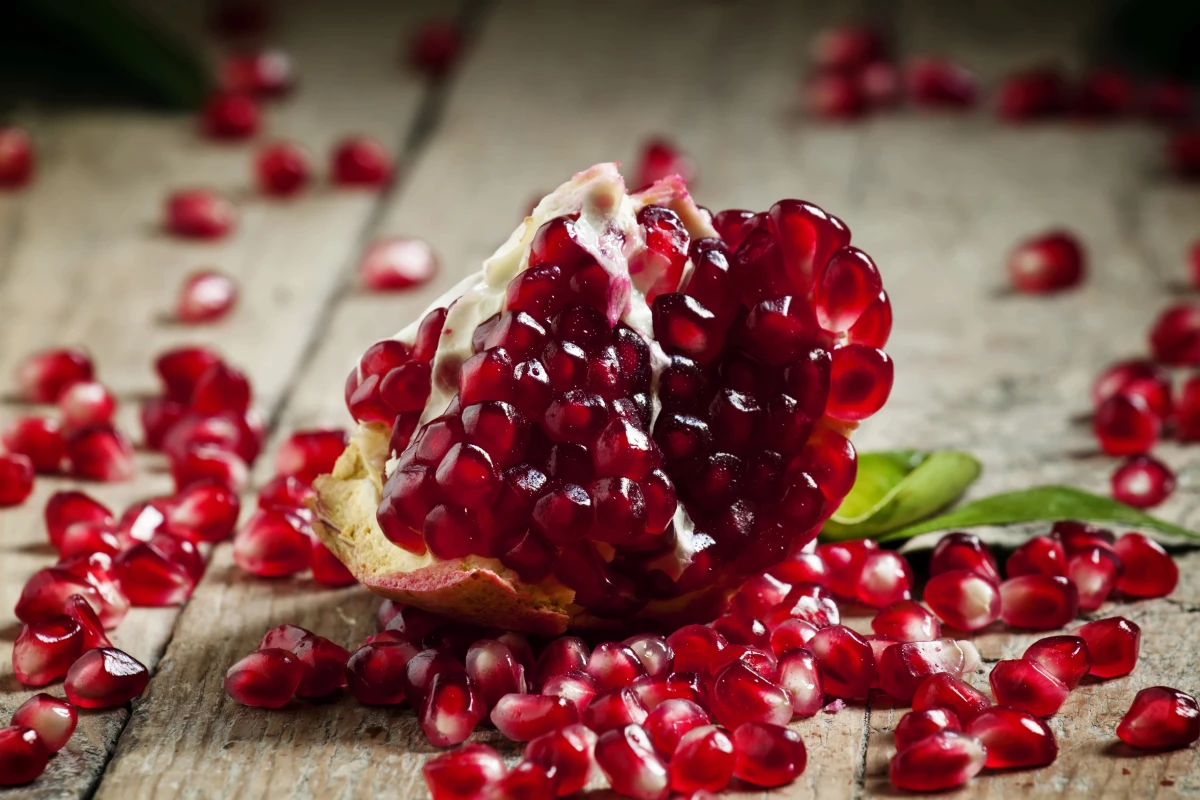A recent study has revealed that a natural compound, urolithin A (UA), can rejuvenate the immune system in middle-aged individuals, potentially protecting them against cell damage, inflammation, and chronic diseases such as cancer. Conducted by researchers at Georg-Speyer-Haus in Frankfurt, Germany, this groundbreaking work highlights the benefits of UA, a metabolite produced by gut bacteria in response to dietary ellagitannins found in foods like pomegranates and walnuts.
The research builds on earlier findings from 2022, when the team discovered that UA activates a biological pathway that enhances the function of mitochondria in T cells, the immune cells that play a crucial role in fighting cancer. Dr. Dominic Denk, the principal investigator and a physician-scientist at University Medicine Frankfurt, stated, “Our goal was always to translate our findings from the lab into the clinic.”
As individuals age, they experience a condition known as immunosenescence, characterized by a decline in both adaptive and innate immune responses. This deterioration leads to increased inflammation and a higher risk of infections and diseases like cancer. A particular challenge is the reduction of naive T cells, which are critical for defending against pathogens, alongside a rise in memory T cells. This shift can hinder the body’s ability to combat infections and contribute to chronic, age-related health issues.
In a randomized, double-blind, controlled trial involving 50 healthy adults aged between 45 and 70 years, participants received either UA supplements or a placebo for 28 days. Researchers assessed immune-related health markers before and after the treatment. The findings indicated that UA significantly rejuvenated the immune systems of participants. Notably, it increased the number of functioning CD8+ T cells, essential for pathogen defense, and enhanced levels of a protein known as peroxisome proliferator-activated receptor gamma coactivator 1-alpha (PGC-1α), which is integral to the generation of new mitochondria.
Moreover, UA supplementation led to reduced oxidative stress in cells and favorable changes in several inflammatory markers. The compound appeared to stimulate mitophagy, a process that recycles and renews cellular power sources, resulting in a higher quantity of young, naive T cells. This improvement also enhanced the immune system’s capacity to eliminate harmful bacteria.
The production of UA relies heavily on the gut microbiota, with specific bacterial groups such as Proteobacteria, Clostridium, Bifidobacterium, Eubacterium, and Enterococcus faecium believed to play a role in metabolizing ellagitannins from foods like pomegranate. UA has gained attention in research since 2019, with studies exploring its broader health implications, including potential treatments for depression, enhanced muscle endurance, and even as a solution for obesity, where it was shown to stimulate brown fat burning.
Dr. Denk emphasized the significance of these findings, stating, “This study is that critical first step and shows that urolithin A can safely enhance immune function in humans.” He expressed excitement about the compound’s potential in cancer treatment.
While the primary focus at Georg-Speyer-Haus has been on UA’s application in oncology, this trial demonstrates that its benefits could extend to mitigating cellular dysfunction associated with aging. Dr. Florian Greten, Director of Georg-Speyer-Haus, remarked, “This successful clinical translation is a testament to our strategy at the Frankfurt Cancer Institute, to combine our findings with clinical expertise to accelerate the development of novel therapies that can truly make a difference.”
The implications of a more robust immune system are profound. Enhancing immune cell function could lead to improved efficacy of life-saving cancer treatments for a broader range of patients. Following this trial, researchers have initiated a follow-up study focusing on patients undergoing immunotherapy, eager to determine whether these results can be replicated in that context.
This important research was published in the journal Nature Aging, further establishing the role of urolithin A as a promising avenue for enhancing health in middle age and beyond.
